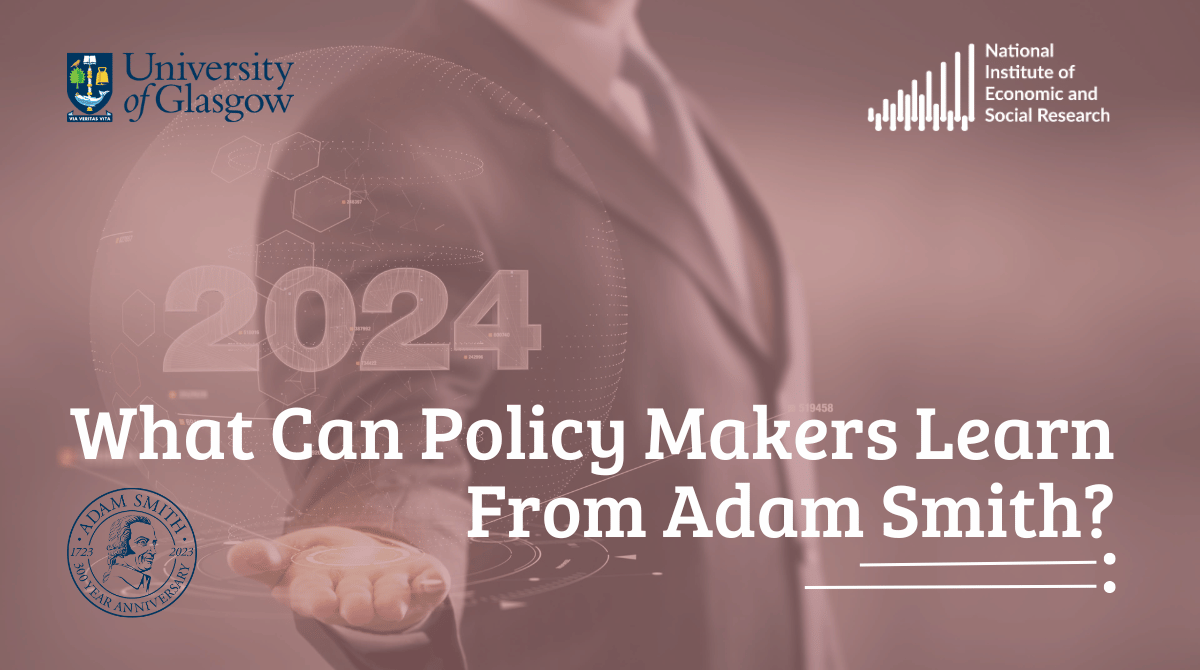On the Promises and Perils of Smithian Growth: From the Pin Factory to AI
While promoting the use of market forces to allocate resources, Adam Smith was dismayed by the market power of large manufacturing and trading companies and of banks in his time. So, to protect the interest of society at large, he advocated government intervention to check monopoly power and excess risk-taking. Recent development of artificial intelligence poses these issues afresh in our time. Should control of the development and distribution of AI be left in the hands of large private corporations? As Steve Hawking noted: ‘Success in creating AI (artificial intelligence) would be the biggest event in human history. Unfortunately, it might be the last, unless we learn how to avoid the risks.’ Protection of society is paramount: the issue is how best to regulate.
This article is open access
 Pub. Date
Pub. Date
 Pub. Type
Pub. Type

Main Points
- Adam Smith was aware of the tension between achieving the productivity benefits of new technology and ensuring that these get distributed around society.
- In criticising the negative externalities for society created by monopolistic corporations and gambling banks, he argued that ‘the exertions of natural liberty of a few individuals, which might endanger the security of the whole society, are, and ought to be, restrained by the laws of all governments’
- The historical record from the Industrial Revolution onward provides evidence of both successes and failures in such intervention.
- We now face a technological trap - a ‘race to the bottom’ as individual companies in search of profits compete to develop AI despite the acknowledged hazards.
- The case for action 'by all governments' to check the risks surely applies here too.


